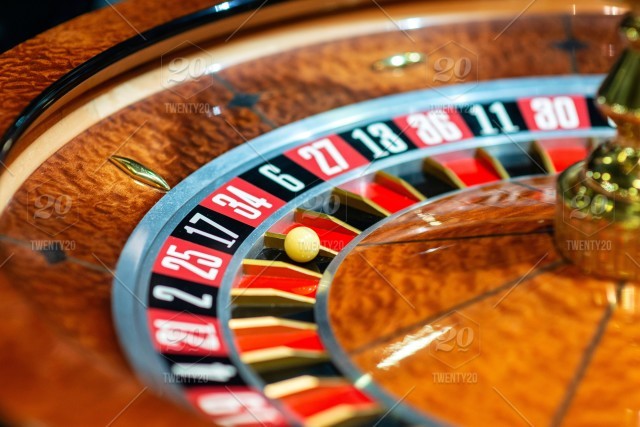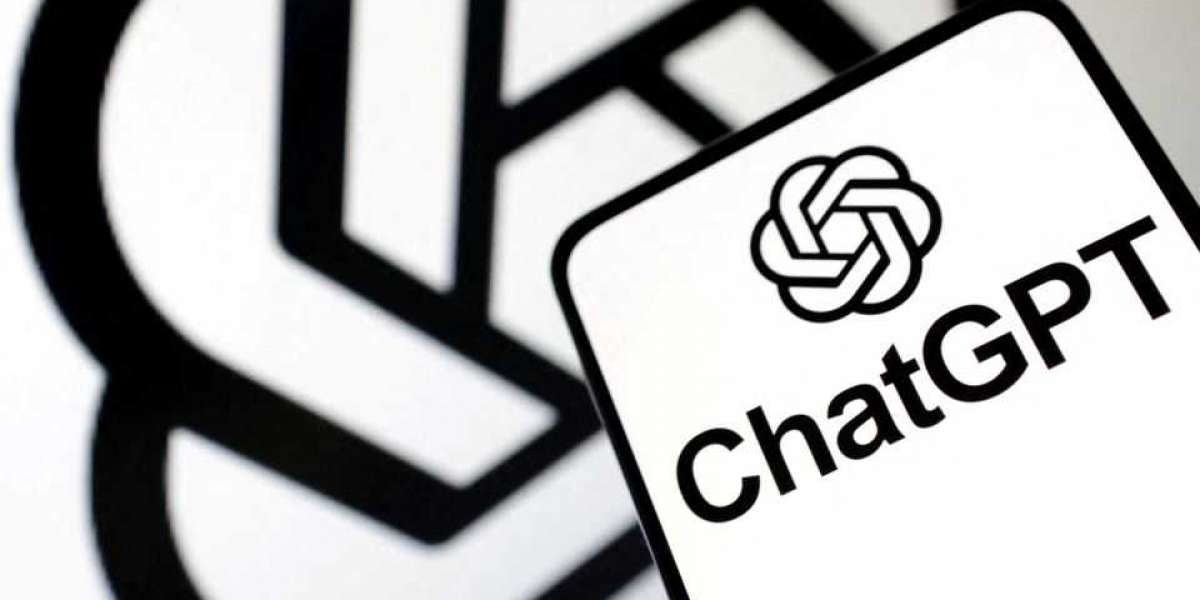The fallacy of the gambler, also known as the Monte Carlo fallacy, permeates various aspects of decision-making, from sports predictions to investment strategies. It is a cognitive bias that leads individuals to believe that the probability of a particular event is influenced by past occurrences of that event. However, this misconception win tips bet can have dire consequences, as evidenced by numerous real-life scenarios.
Unveiling the Monte Carlo Fallacy:
Imagine flipping a coin, and after nine consecutive flips resulting in heads, you wager all your money on the tenth flip being tails, assuming that the probability of ten consecutive heads is exceedingly low. Despite this belief, if the tenth flip still lands heads, you lose all your money. You may attribute this outcome to bad luck and blame probability, unaware that you've fallen victim to the fallacy of the gambler or the Monte Carlo fallacy.
The Monte Carlo fallacy traces its origins back to August 18, 1913, at the Monte Carlo Casino, where the roulette wheel landed on black twenty-six times in a row. As anticipation grew after fifteen consecutive black outcomes, bettors speculated that red was due to appear next, doubling and even tripling their bets on red. However, black continued its streak, ultimately resulting in substantial losses for the world best betting site patrons.
Where the Gambler's Fallacy Goes Wrong:
The fallacy of the gambler arises from the misconception that the fixed probability of an event can fluctuate based on its previous occurrences. Take the example of flipping a fair coin, where the probability of heads or tails remains constant at 50% regardless of past outcomes. Whether the coin has landed heads multiple times before does not influence the likelihood of it landing heads again on subsequent flips.

Moreover, this fallacy extends to more complex scenarios, such as lottery drawings, where individuals attempt to predict future outcomes based on past patterns of winning numbers. However, each drawing is independent of the others, and past occurrences do not affect the probability of specific numbers being drawn in subsequent rounds.
When Is the Fallacy Not a Fallacy?
Expanding on the conditions under which the fallacy of the gambler holds true, it's essential to delve deeper into the concepts of fairness, independence, and probability.
Firstly, let's consider the requirement for the gaming apparatus to be uniform and meet standardized criteria. In gambling settings, whether it's a coin, a die, or balls in a lottery machine, the integrity of these instruments is paramount. Any deviation from uniformity, such as a biased coin or loaded dice, can skew the probabilities and invalidate the assumption of fairness. Rigorous testing and regulation ensure that these devices meet stringent standards, minimizing the potential for manipulation and ensuring that outcomes are truly random.
Moreover, the individuals controlling these apparatus must demonstrate fairness and impartiality. Whether it's a casino dealer, a lottery official, or a sports referee, their integrity is crucial in upholding the credibility of the game. Any perception of bias or manipulation can undermine trust in the fairness of the game, leading to accusations of fraud or cheating. Therefore, strict protocols and oversight are in place to ensure that these individuals adhere to ethical standards and maintain impartiality in their decision-making.
Secondly, the probabilities of events must be independent for the fallacy of the gambler to hold true. Independence implies that the outcome of one event does not influence the likelihood of another event occurring. In the context of gambling, this means that each flip of a coin, roll of a die, or draw of a lottery number is unaffected by past outcomes. Whether a coin has landed heads or tails multiple times in a row does not change the odds of it landing heads or tails on the next flip. Similarly, the previous winning numbers in a lottery drawing have no bearing on the future numbers drawn.
However, it's crucial to recognize that achieving true independence in practice can be challenging. External factors such as air resistance, surface imperfections, or human error may introduce correlations between events, violating the assumption of independence. Therefore, rigorous testing and statistical analysis are necessary to assess the degree of independence and ensure the integrity of the game.
In conclusion, while understanding probability and game mechanics is essential for informed decision-making, blind adherence to fallacious reasoning can lead to significant losses. Trusting in logic and rationality while acknowledging the inherent uncertainty of chance is crucial in navigating the complexities of free bookmaker bet and probability.








